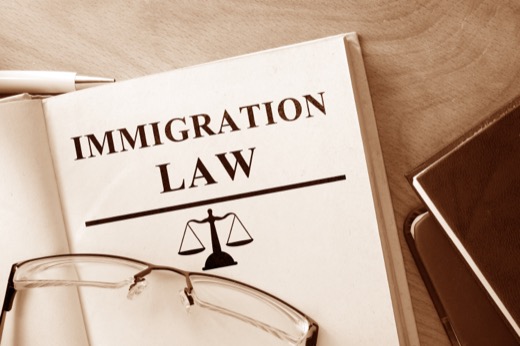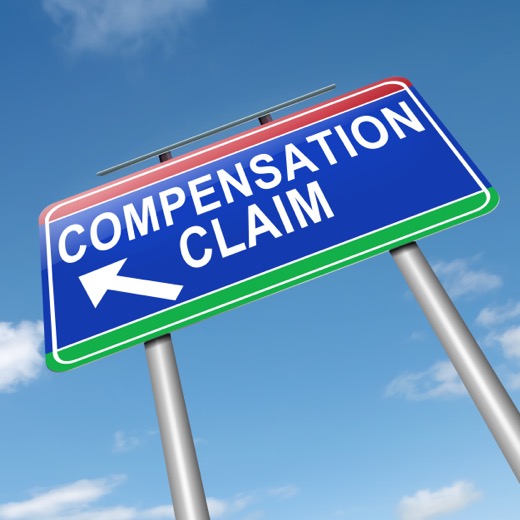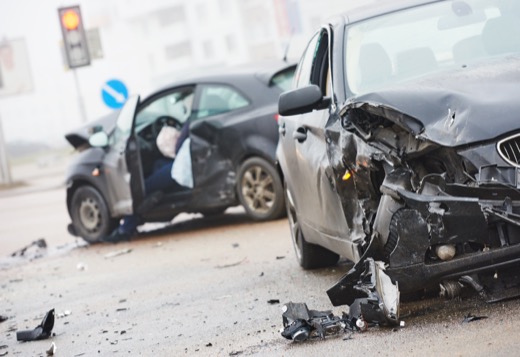In all tort matters, an injured party must allege wrongdoing as a basis for recovery. In personal injury cases, an allegation of negligence is sufficient to show wrongdoing. In order to successfully prove negligence, several elements must be met. These elements are as follows:
Duty
Proving the defendant had a duty is the first step in successfully asserting a negligence claim. A duty arises when a person is obligated to act according to a particular standard of conduct to prevent injury. The standard of conduct varies and is dependent on the type of relationship the parties have. In some instances, such as cases involving medical malpractice, there is a greater level of care.
If there is a determination that there was no legal duty in effect, a claim for negligence will fail. A party may not be held negligent where there was not any legal duty to act. If a duty exists under the law, the next inquiry is whether a breach occurred.
Breach
In instances where there is a legal duty to act, a person must act in accordance with the relevant standard of care. In order to prove there was a breach, an injured party must show that the defendant failed to exercise reasonable care in fulfilling their duty under the law.
Proving the defendant breached their legal duty is another essential requirement. The jury has the ultimate responsibility of deciding whether a duty has been breached. The determination of a breach is highly dependent on the facts and circumstances of each case.
Causation
After an injured party proves the defendant had a duty and breached that duty, there must be a showing of causation. Causation exists when a plaintiff proves that a breach caused their injuries. To successfully prove causation in Georgia, there must be a showing of actual cause and proximate cause.
Actual cause is an assertion that the breach was the actual reason injuries occurred. This is sometimes referred to as “but for” causation. Under an actual cause theory, the plaintiff is essentially asserting that but for the defendant’s breach the injury would not have occurred.
Proximate cause looks at a particular chain of events. A defendant may only be held responsible for a breach if the injury was a foreseeable result of such breach.
Damages
After proving duty, breach, and causation a plaintiff must assert some sort of damage. It is not enough to assert negligence without damages. A plaintiff may only recover if they prove that there are actual damages. In personal injury cases it is critical to show that there was some form of bodily harm due to defendant’s negligence.
Contact Us for Advice
If you believe you may have a claim for negligence, contact the attorneys at 1Georgia Injury Lawyers, PLLC. We will meet with you to evaluate your case. Careful consideration must be given to the facts and circumstances of a particular matter as one missing element can be fatal to your claim. If you have a valid claim for damages due to the negligence of another, we will work with you to determine the best course of action that will meet your needs.








